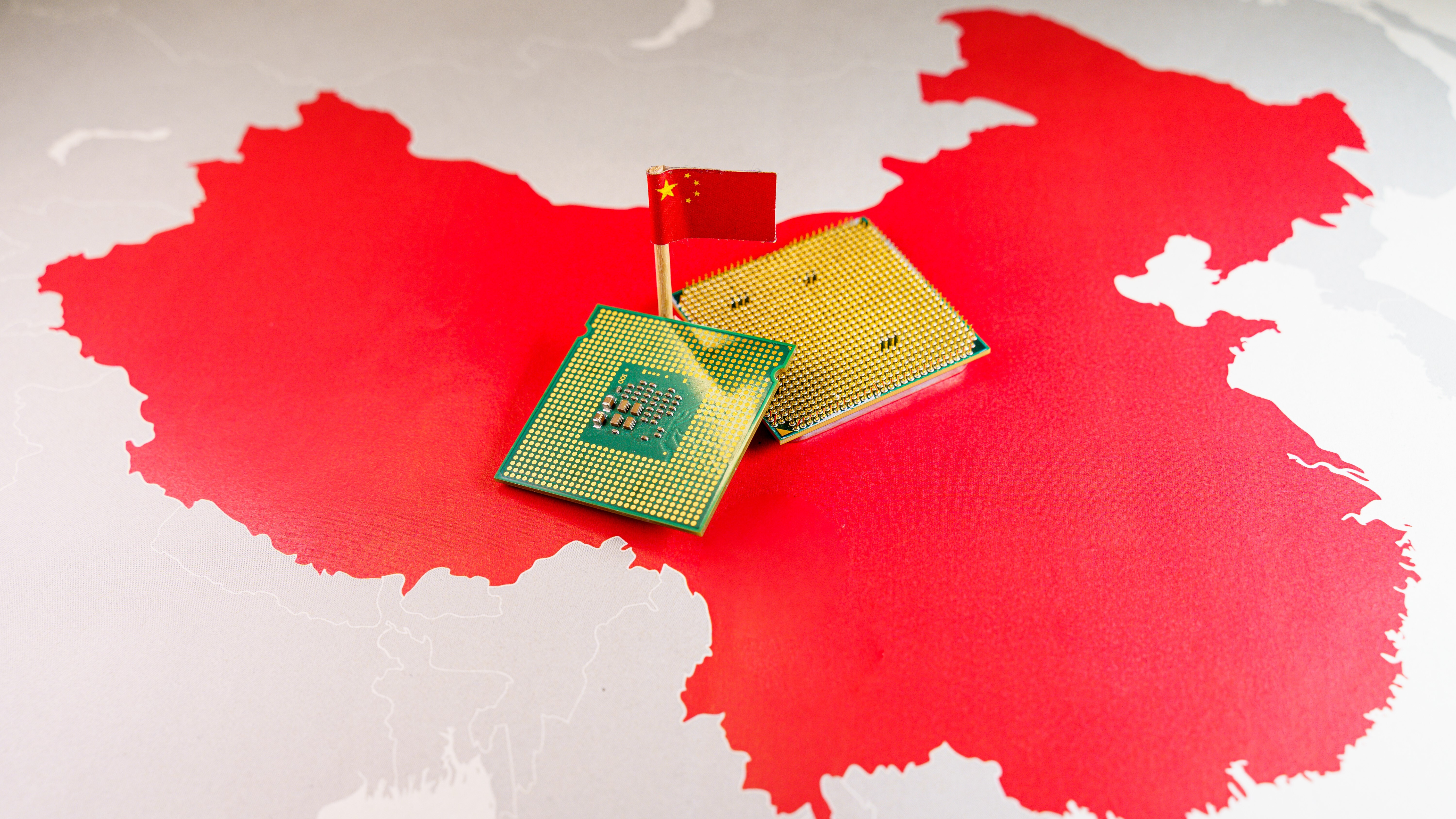
Chinese tech giants Baidu, TikTok owner ByteDance, and e-commerce giant Alibaba are seemingly orchestrating a run on Nvidia's professional AI GPUs. Following June reports detailing how ByteDance had already locked-in $1 billion worth of Nvidia GPUs (to be delivered throughout 2023), word on the wire (courtesy of The Financial Times) now adds four times that amount for GPU deliveries entering well into 2024. If $5 billion is what it takes for Chinese companies to mitigate the impacts of Western restrictions (led by the U.S.), then $5 billion (and more) is what they're willing to spend.
According to FT, the GPU purchases are for Nvidia's A800 chips - a custom-designed piece of hardware developed exclusively for the Chinese market. Because these have lower performance, they skirt the October-imposed US restrictions on selling high-tech chips that China could use for military or AI training purposes. And it's hardly the only chip designed with the sole intention of complying with trade restrictions - the company's H100 accelerator too has been tweaked in order for Nvidia to be able to sell it (resulting in the H800).
Nvidia, for its part, didn't have much to add to the reports of its custom Chinese GPUs being akin to Midas' touch: a spokesperson merely said that this is business as usual, and that it's customary for these transactions to occur months in advance. Semiconductor manufacturers such as TSMC alocate production wafers among clients sometimes years before their latest process technologies are even ready to produce the high-tech cookies.
The news confirms China's intention to insulate itself from increasingly limiting import restrictions imposed by (mostly) western powers. While the actual impact of the restrictions is subject to debate, there's no denying the increasing investment in High Performance Computing (HPC) accelerators. As Chinese companies unwind their own AI-based products to compete with OpenAI's ChatGPT and Anthropic's Claude (as well as the rabbit-like replication of Software as a Service solutions that leverage API connections to these AI chatbots), there's only one way their computing needs to go: up. And while $4 billion is definitely higher than $1 billion, it's unlikely China's Big Tech stops there: there's a healthy chunk of the projected $3.3 trillion AI market waiting to be monetized within its shores.







